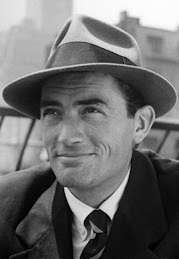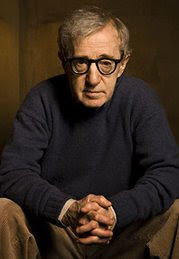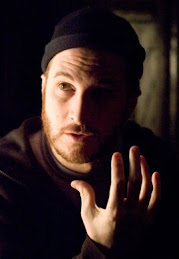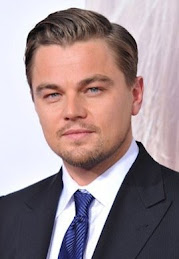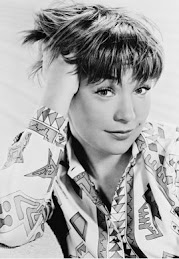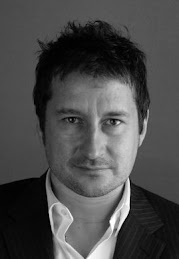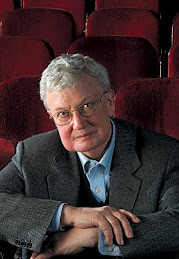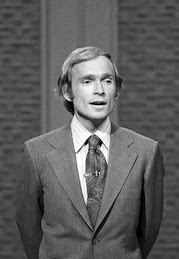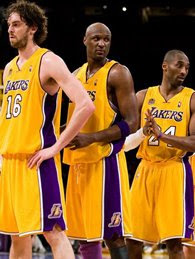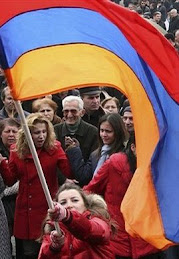I remember setting my eyes on the Eiffel Tower for the first time. I was walking the streets of Paris with my family, and I could see the tip of the tower from a distance, peeking from behind a building. I was both overwhelmed and fascinated, and a few steps later, I was standing in front of the Eiffel Tower.
In their conversation with Paul outside the gardens of Versailles, Paul remarks that nostalgia is the "denial of the painful present." Their entire conversation describes exactly how I feel about life, but this line, in particular, jumped off the screen for me. Gil is unable to appreciate what is happening in the now, and instead wants to be a part of something that has already taken place, without him.

Gil and Inez are polar opposites. Gil wants to walk the streets of Paris, discover its hidden beauty, and even walk in the afternoon rain, because that's the beauty of Paris! Inez wants to spend time with Paul and her family, have exquisite lunches and dinners, and refuses to walk in the rain because she doesn't want to get wet. So, Gil is encouraged to spend his evenings alone, doing what it is that writers do, while Inez is out dancing wand spending her time with her family.
The feeling of nostalgia within Gil is explored when he is picked up in a classic car, every midnight, which serves as a time machine back into the 1920s. Gil meets his idols, including Ernest Hemingway, F. Scott Fitzgerald, Zelda Fitzgerald, Pablo Picasso and Salvador Dalí. There is nothing stopping him from returning back to the present, and every chance he finds, he is back rubbing elbows with the legends. This is where the genius of the film lies, the ability to take us back into time, and see history from the present. Midnight in Paris is similar in tone to The Purple Rose of Cairo (1985), a nostalgic and romantic look at a time that is long gone.

In his adventures in time, Gil stumbles across Pablo Picasso's lover, Adriana (Marion Cotillard). There is a spark that comes alive between them, and they are taken further back into time to the Belle Époque in the 1890s. The glamour of the time period fascinates Adriana, who refuses to go back to her "present day." Gil, however, quickly learns that a different time period other than the one we live in is not necessarily better. There will always be a desire and a longing for the past. Gil has desired to live in Paris in the 1920s, whereas Adriana, who lives exactly in that time period, wishes to live in Paris in the 1890s.
The theme of nostalgia is explored in a conversation towards the end of the film, as Gil (and the audience) realizes that the purpose of life is to live, and appreciate the imperfection of our own time. I hear a lot of people complaining about where they live, and they often wish they were living in a different time period -- and I'm among these people -- but this film lets us realize that it doesn't matter where and when we live.

Midnight in Paris is Woody Allen's most hopeful and positive ending ever. This film speaks to our deep fears and complex desires and tells us that the most important thing in life is to live. I smiled immediately at the first drop of rain, because that was the perfect conclusion for such a touching film. The simple reason we live is for that exact moment in our own lives, to find someone to walk in the rain with us, someone who doesn't mind getting a little wet.
Midnight in Paris opened the Festival de Cannes on May 11, 2011 and is scheduled for release on May 20, 2011.
